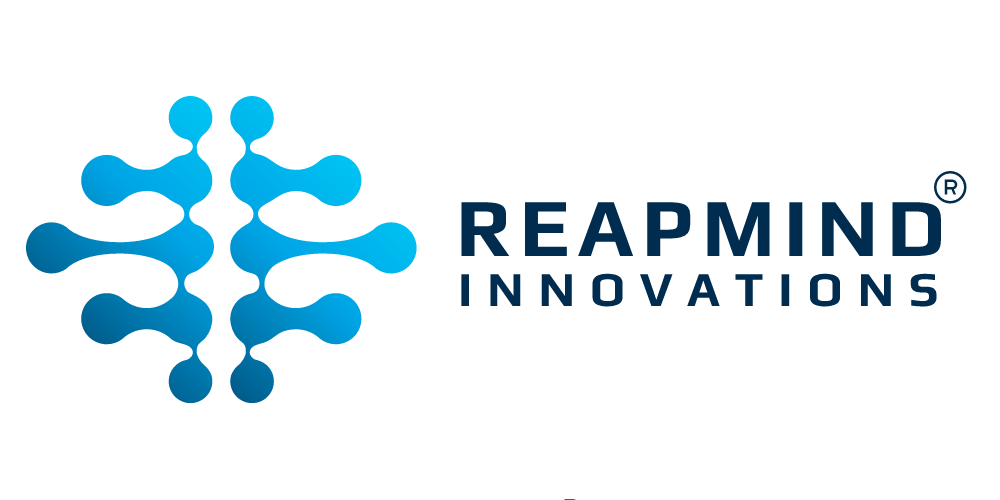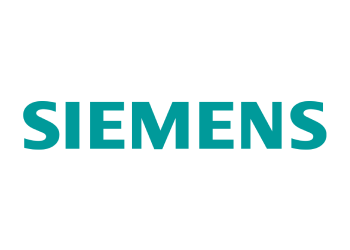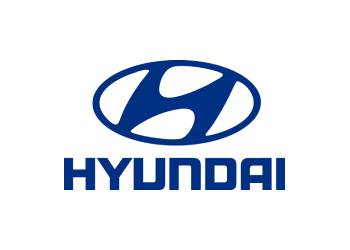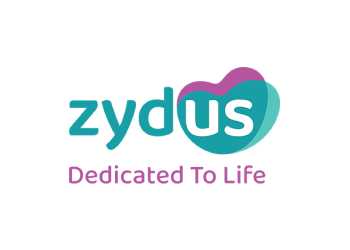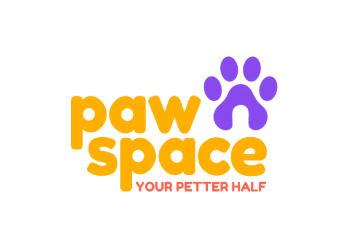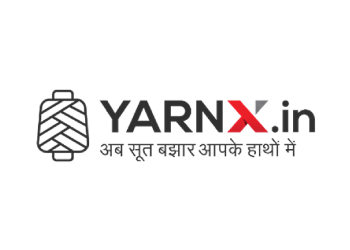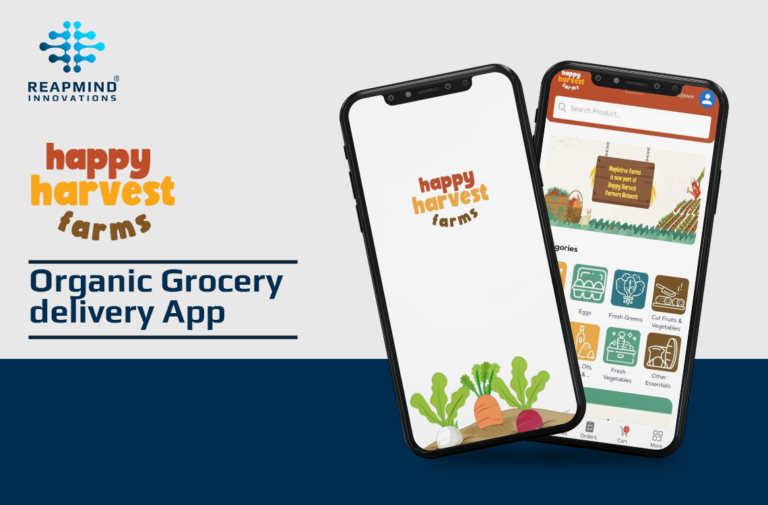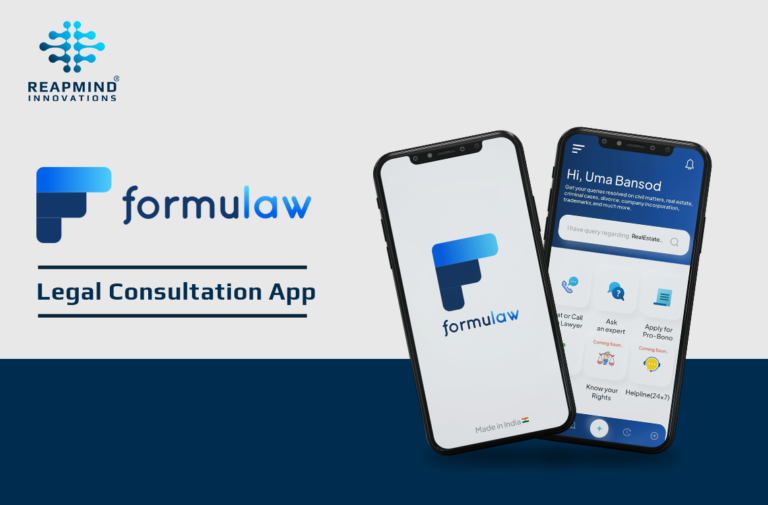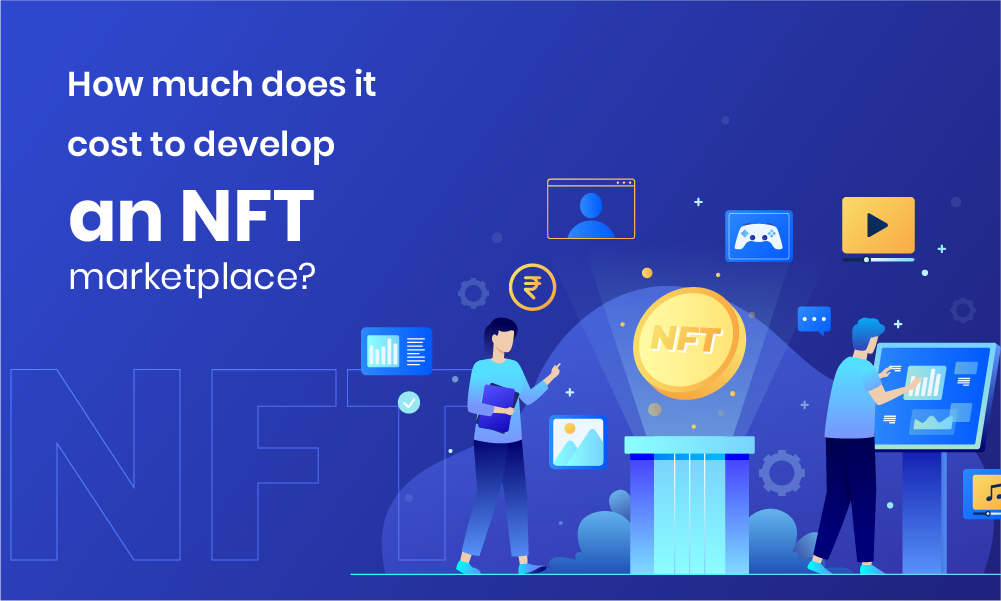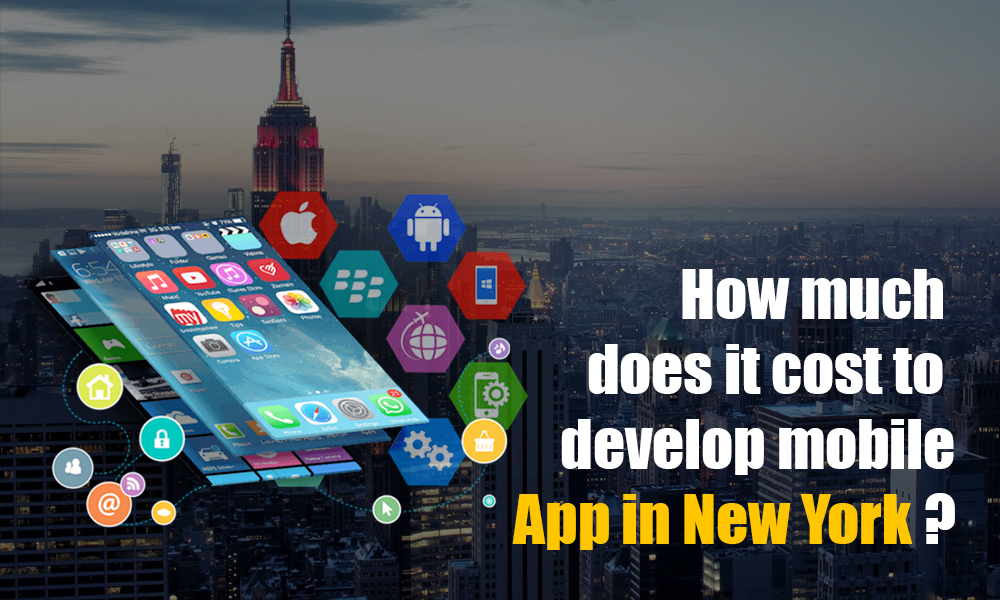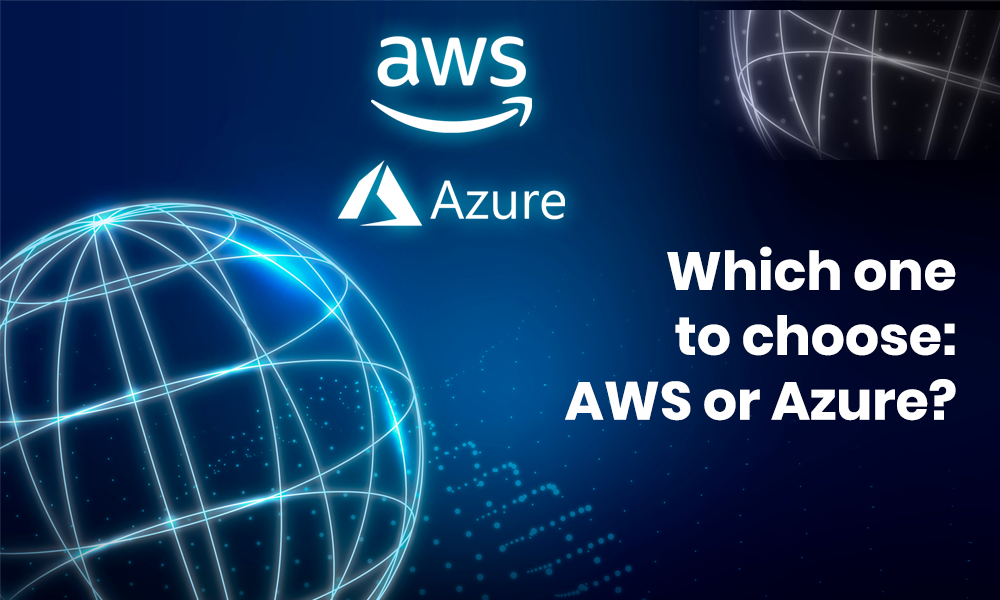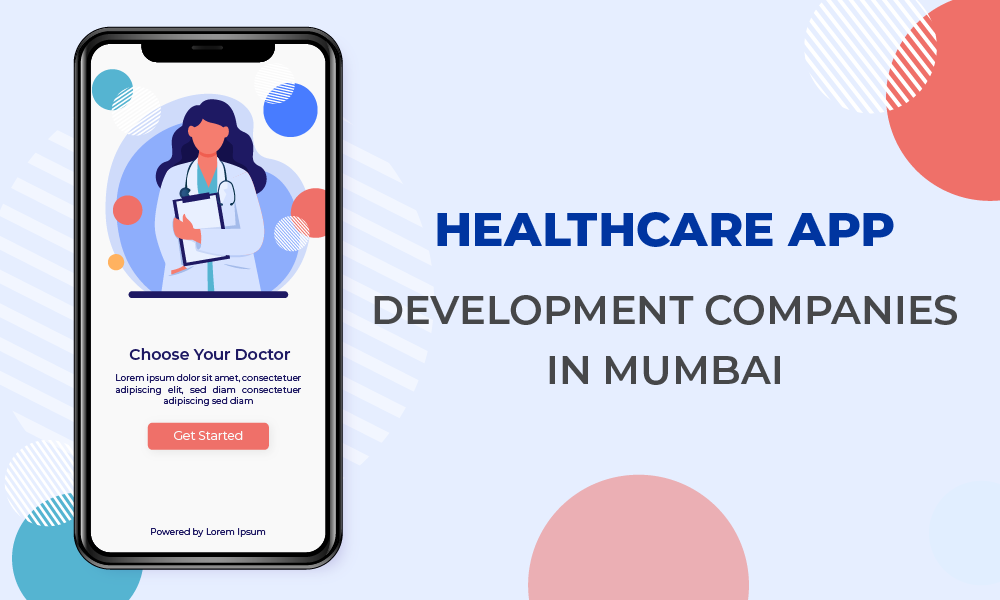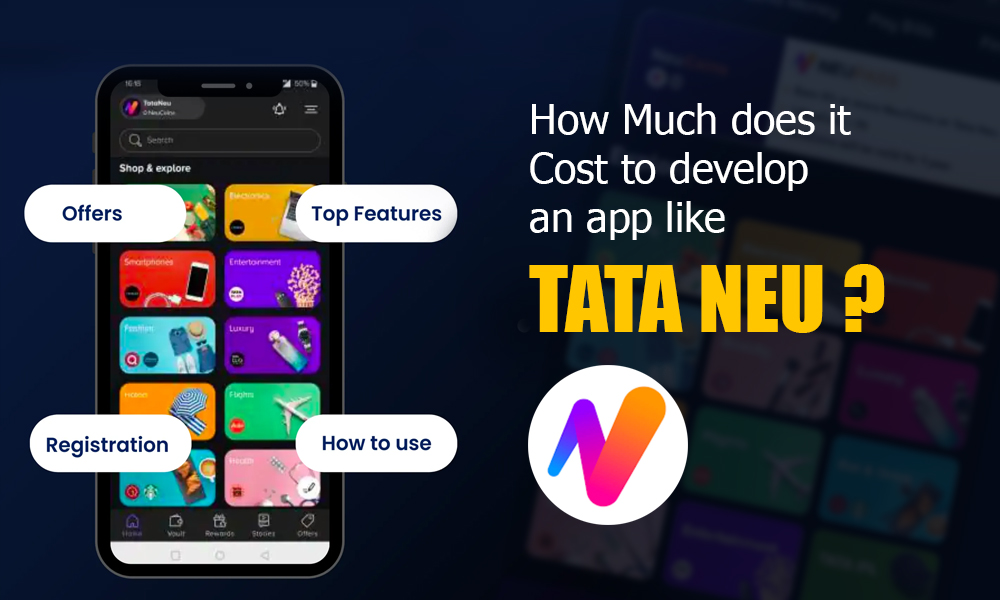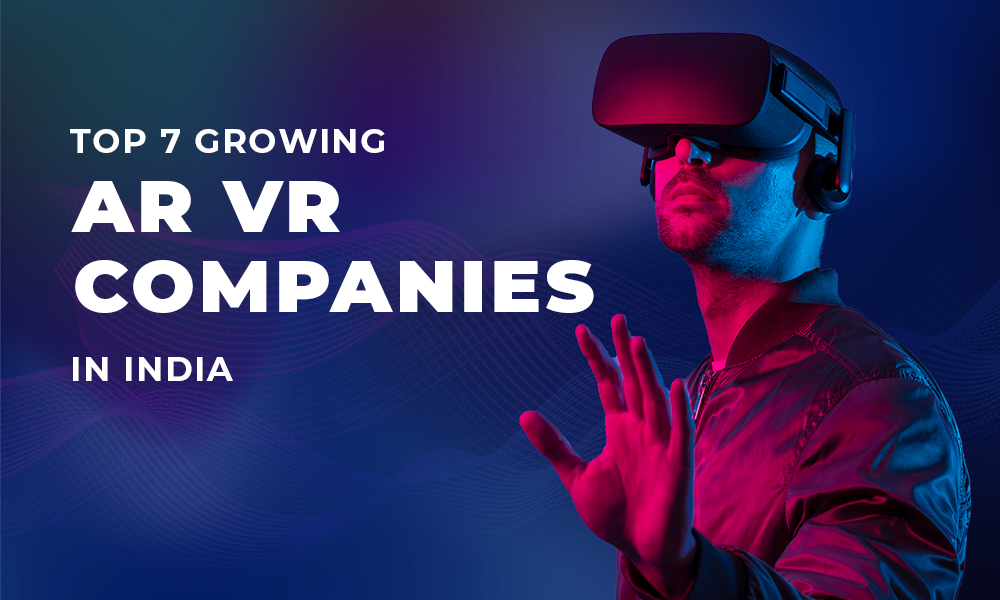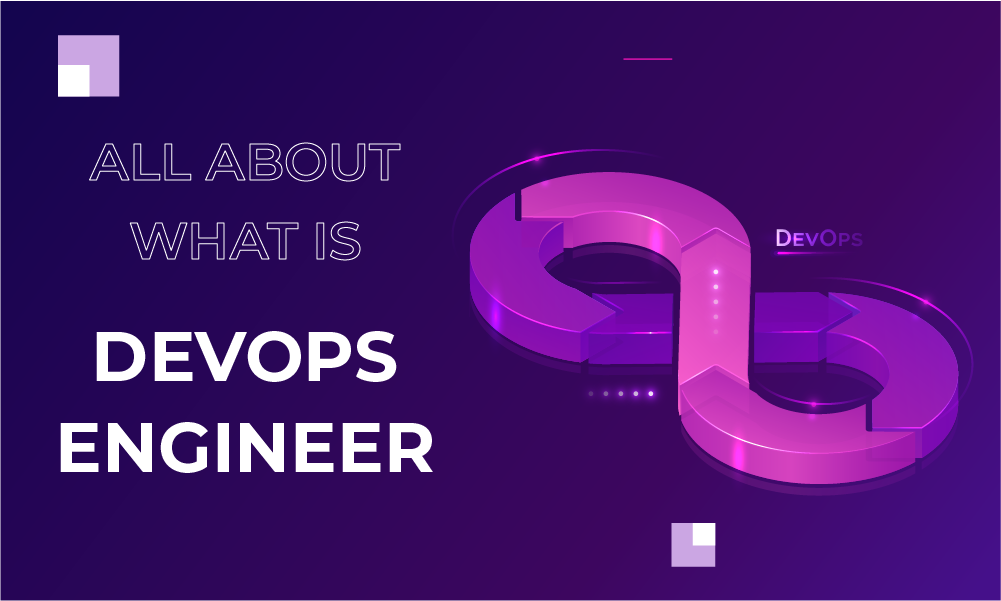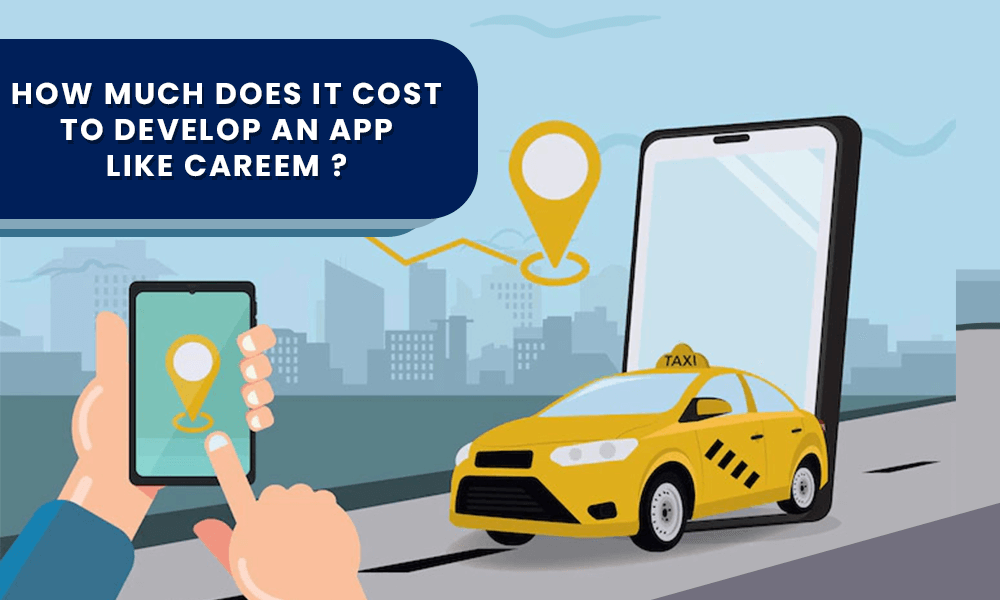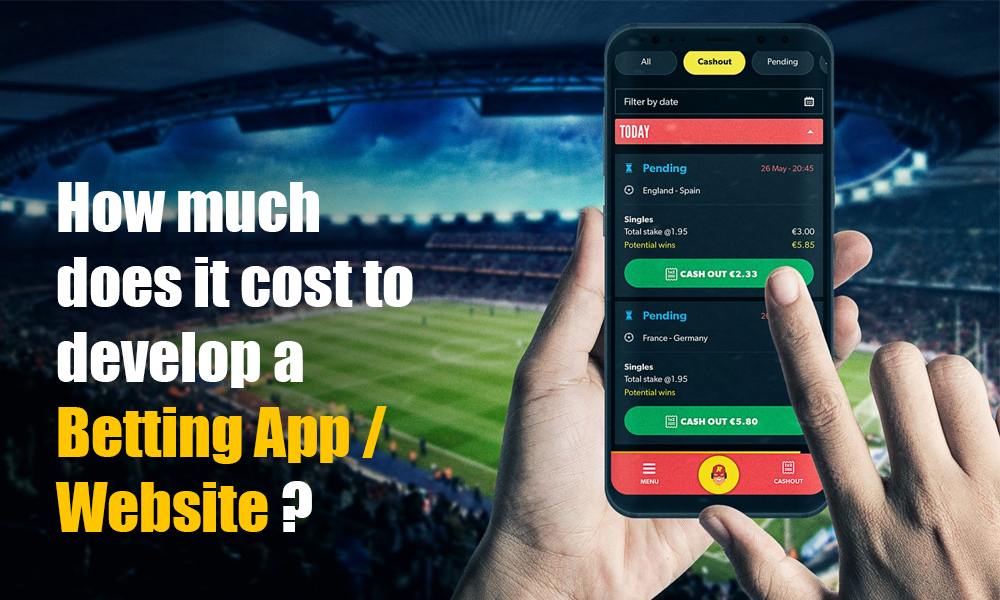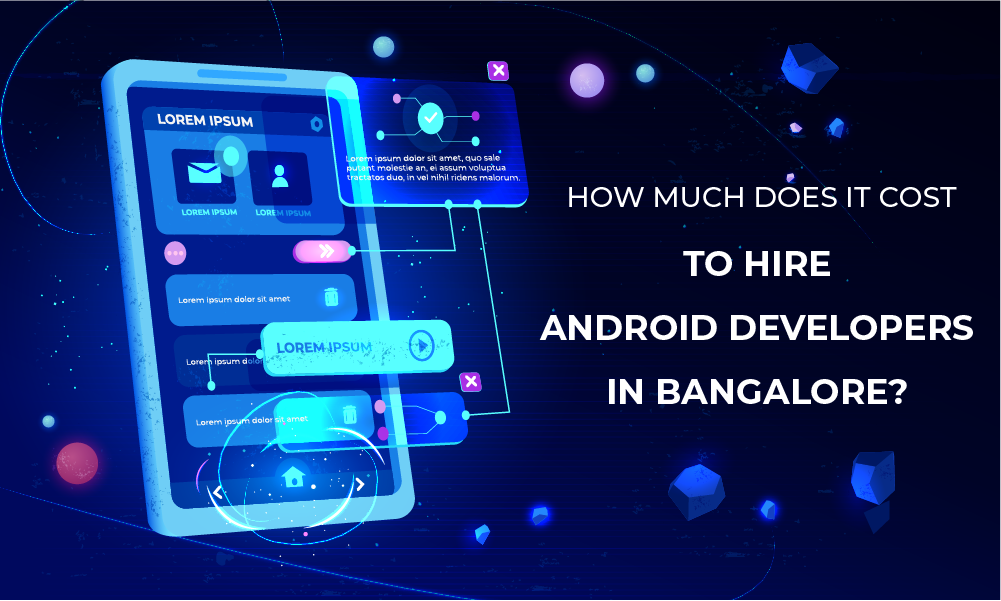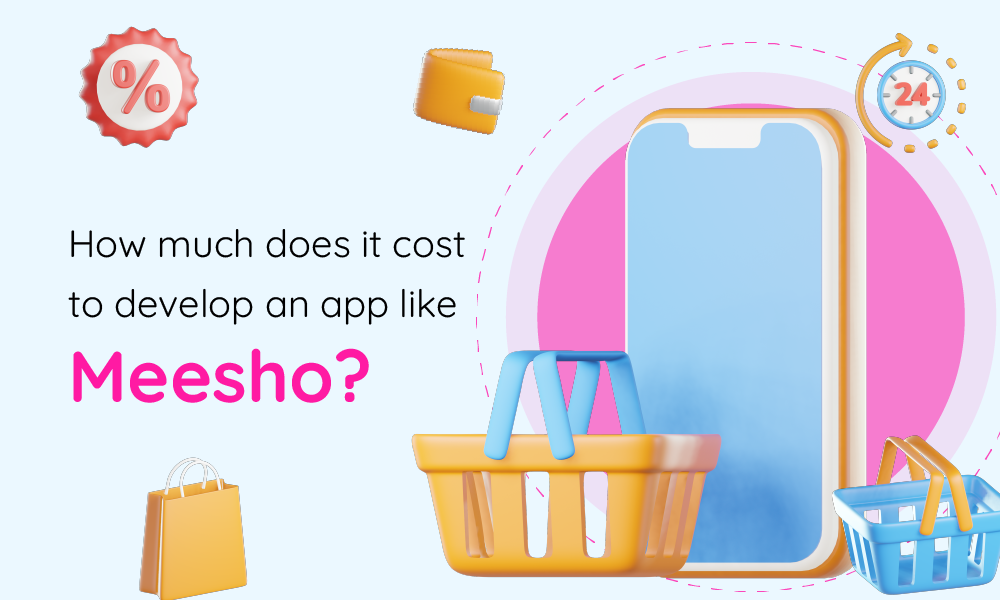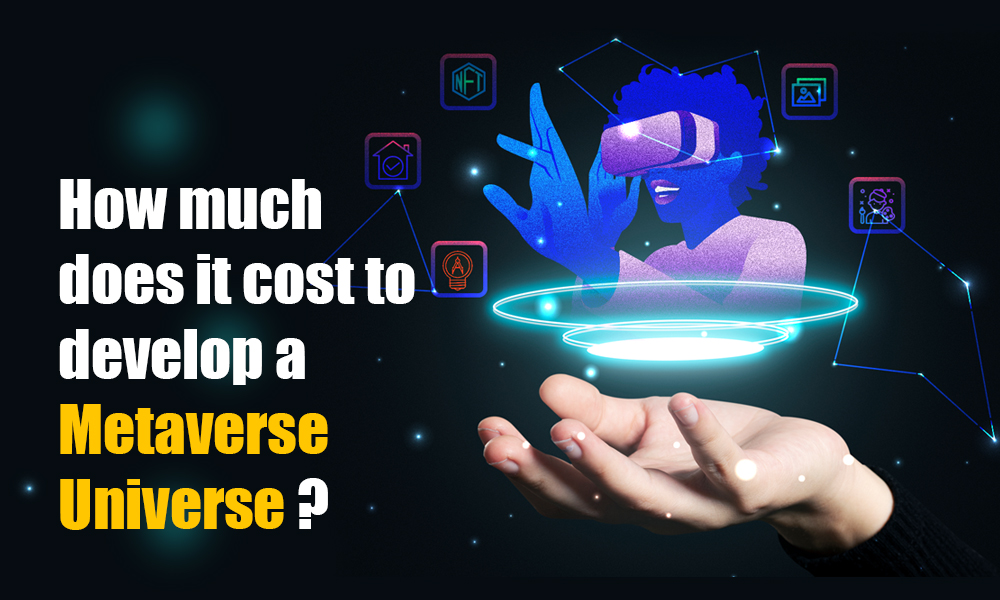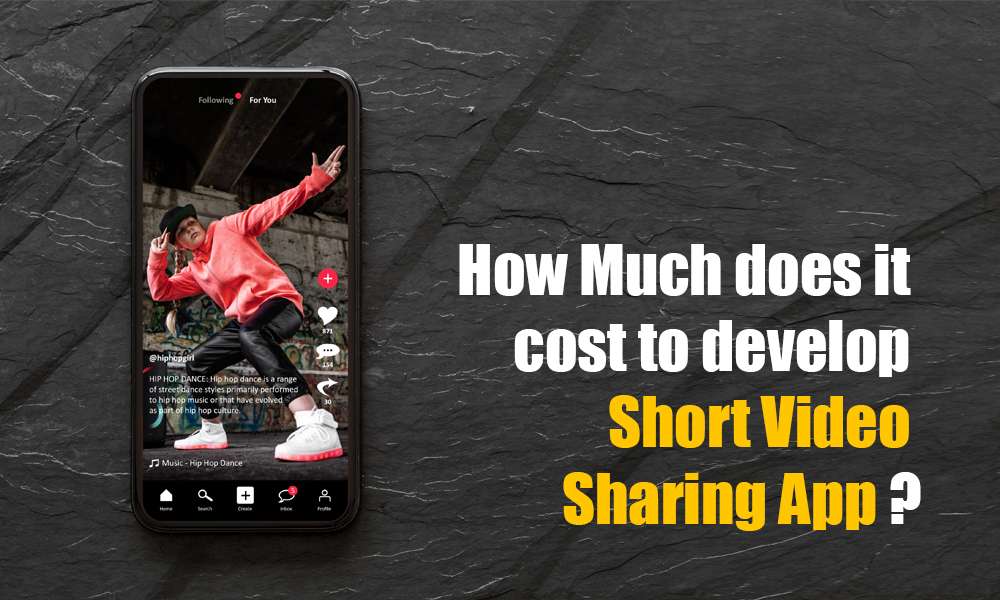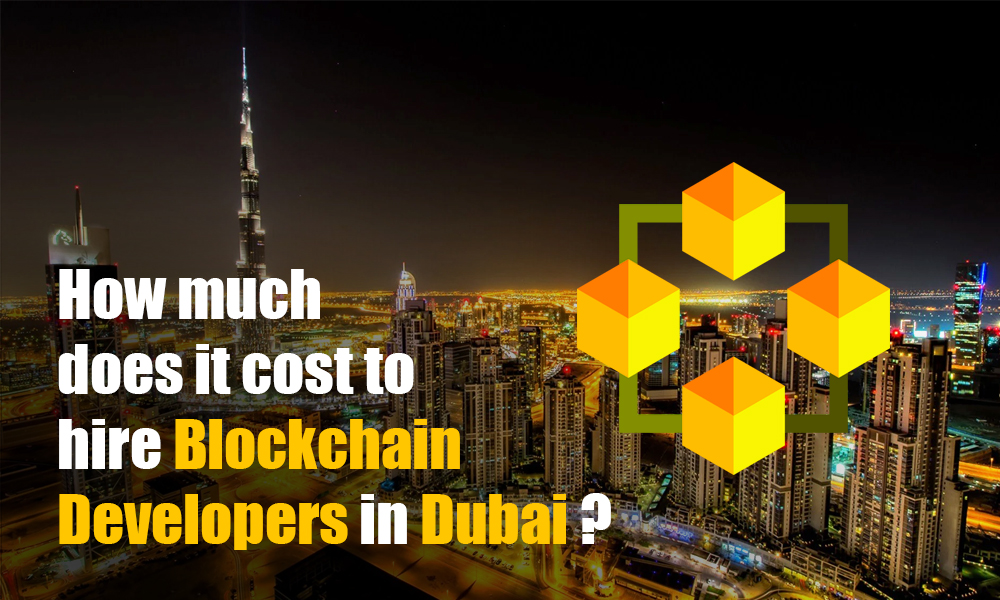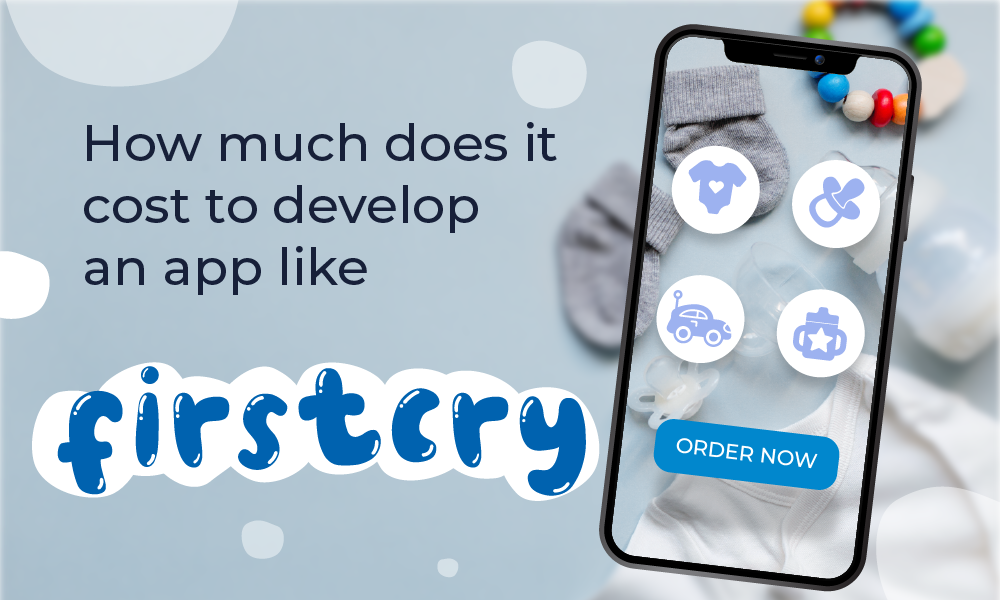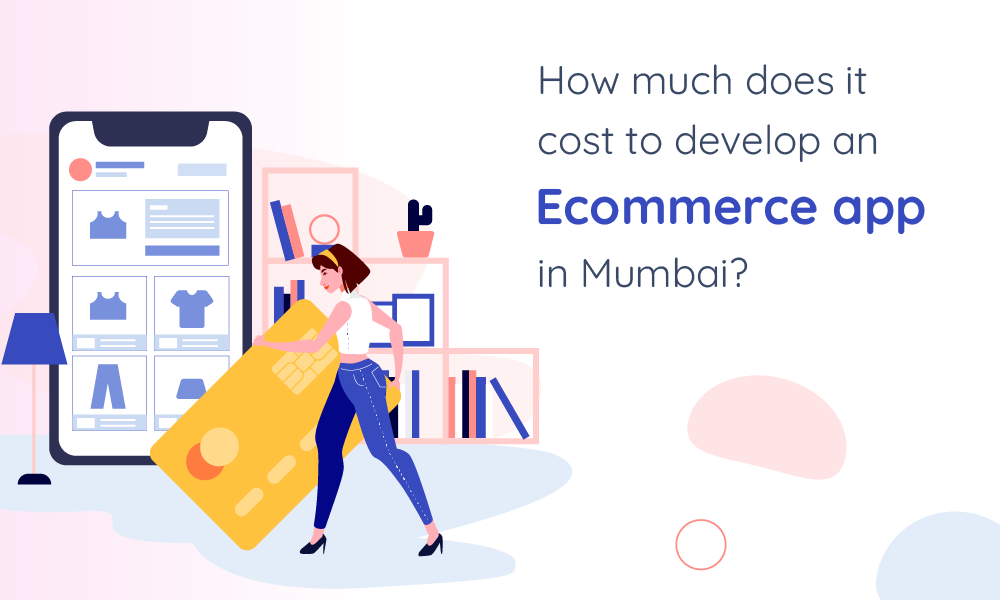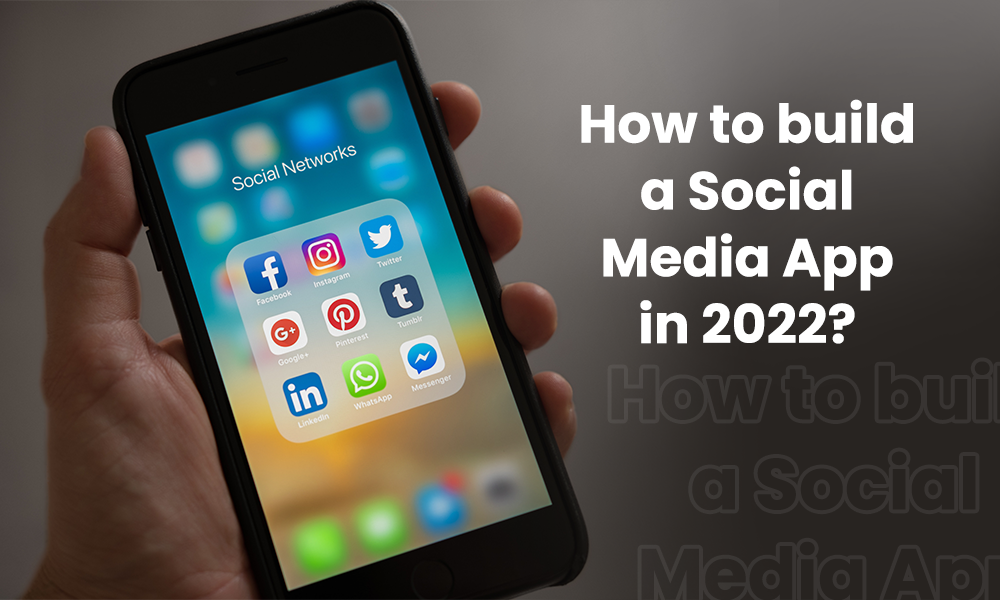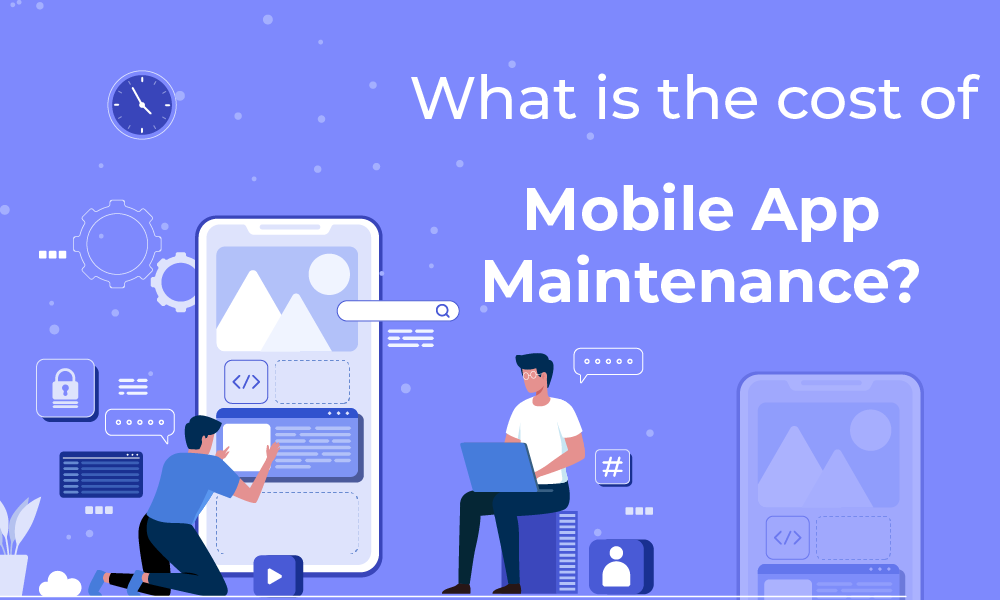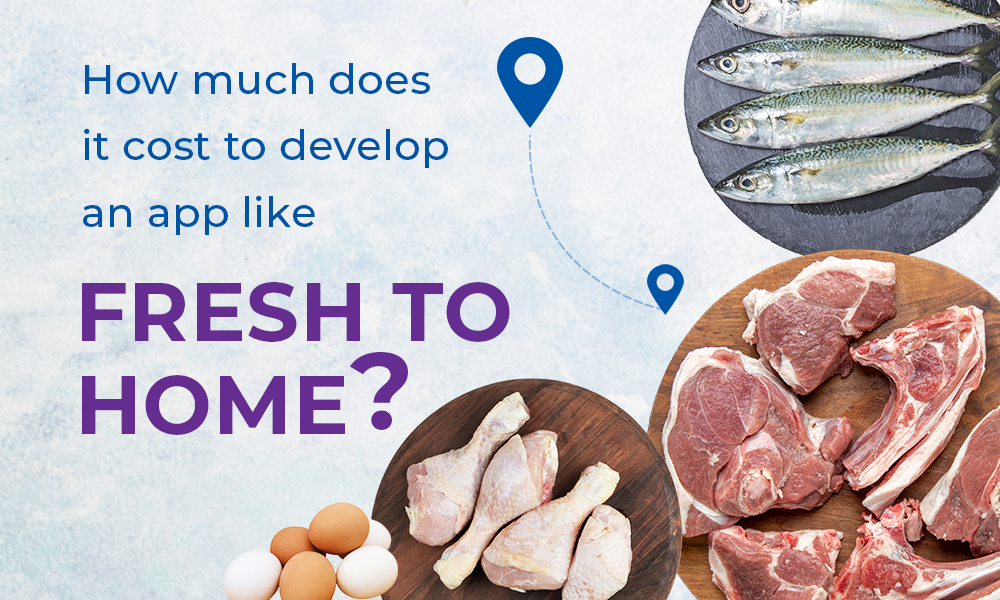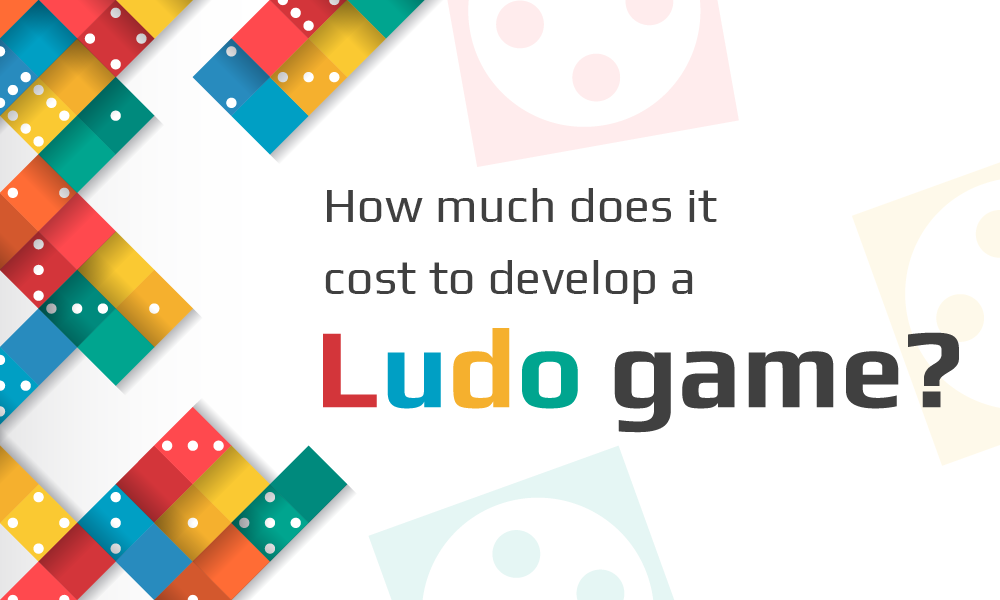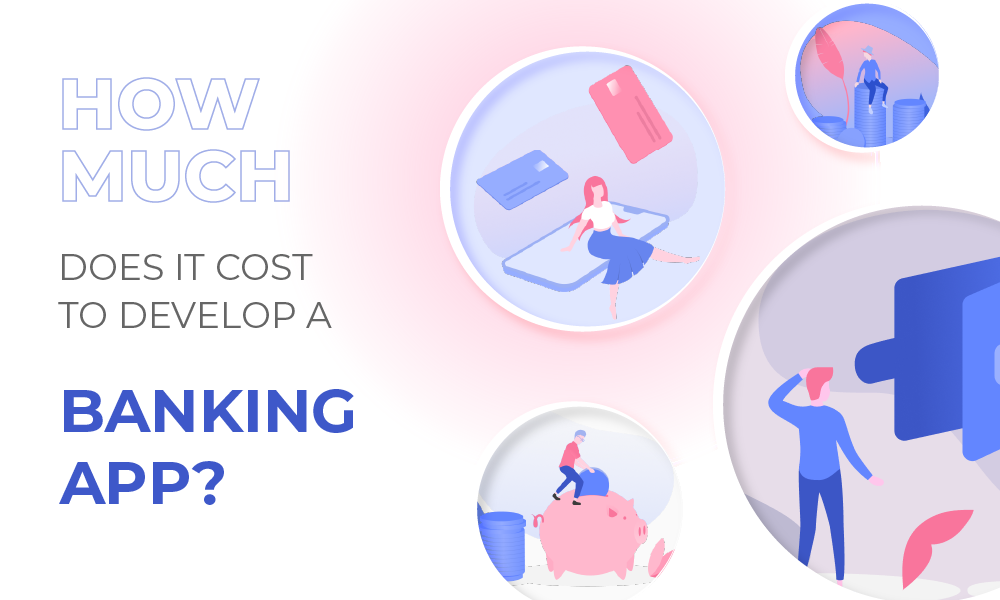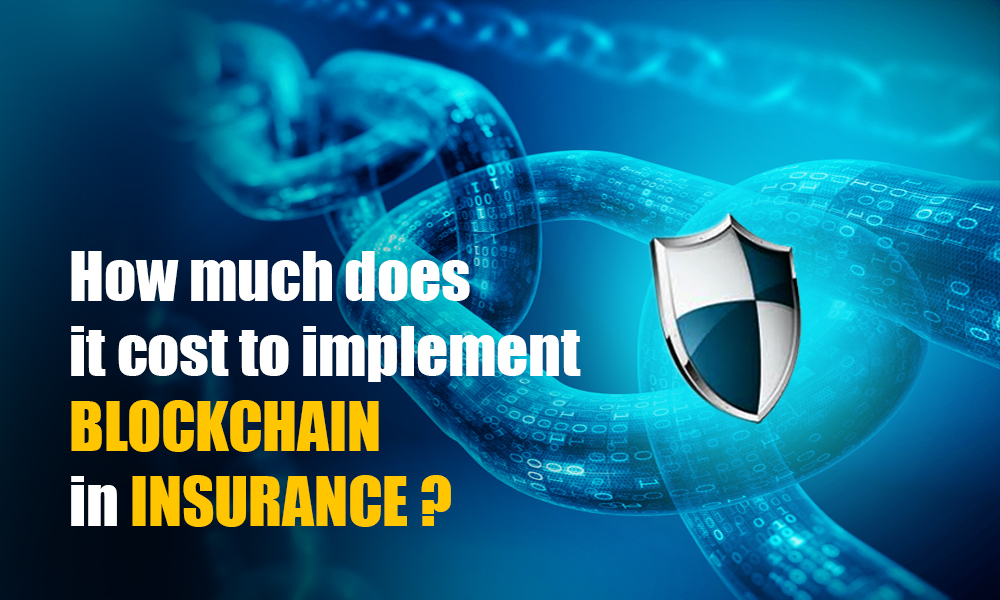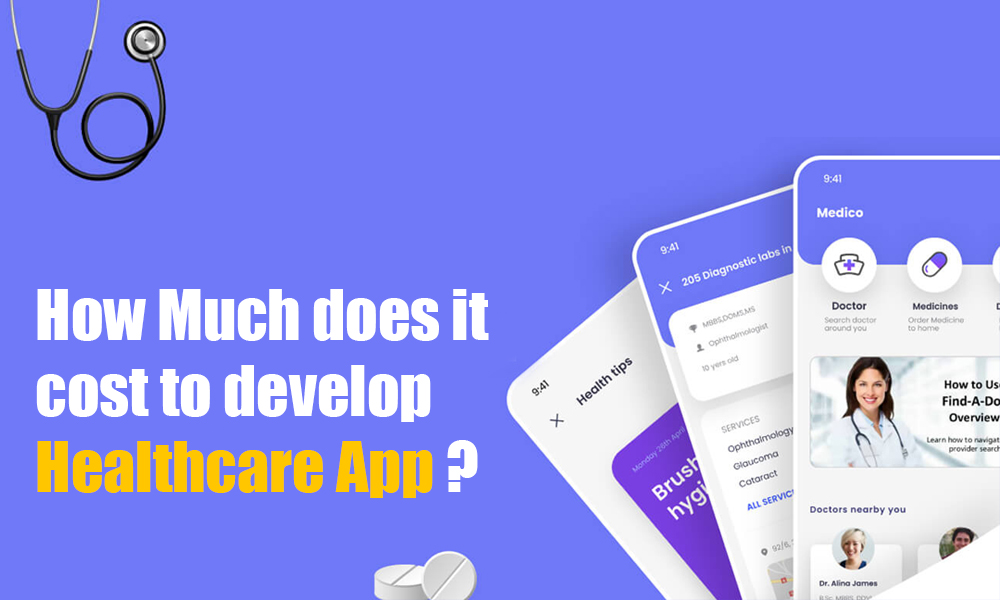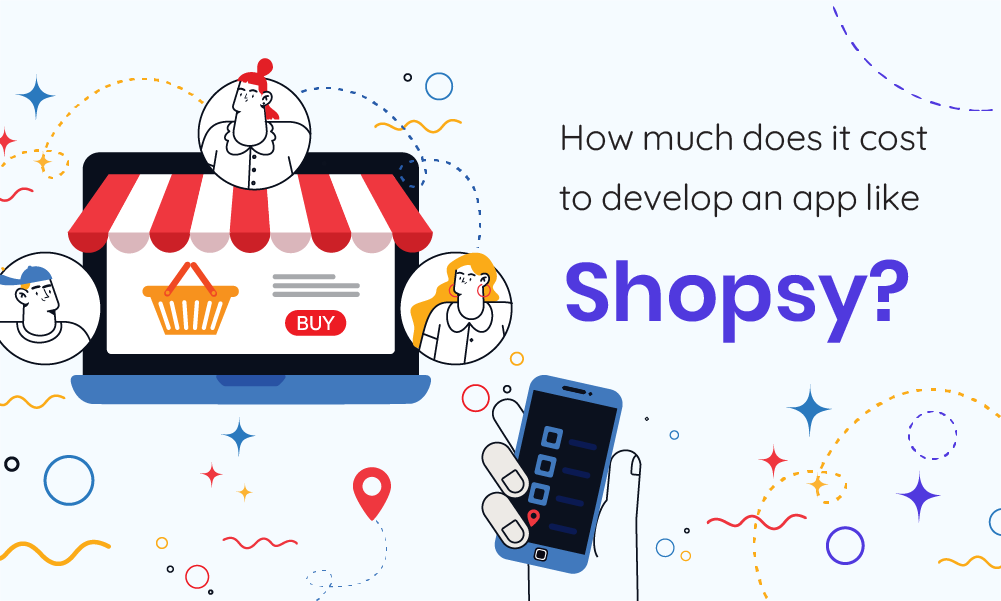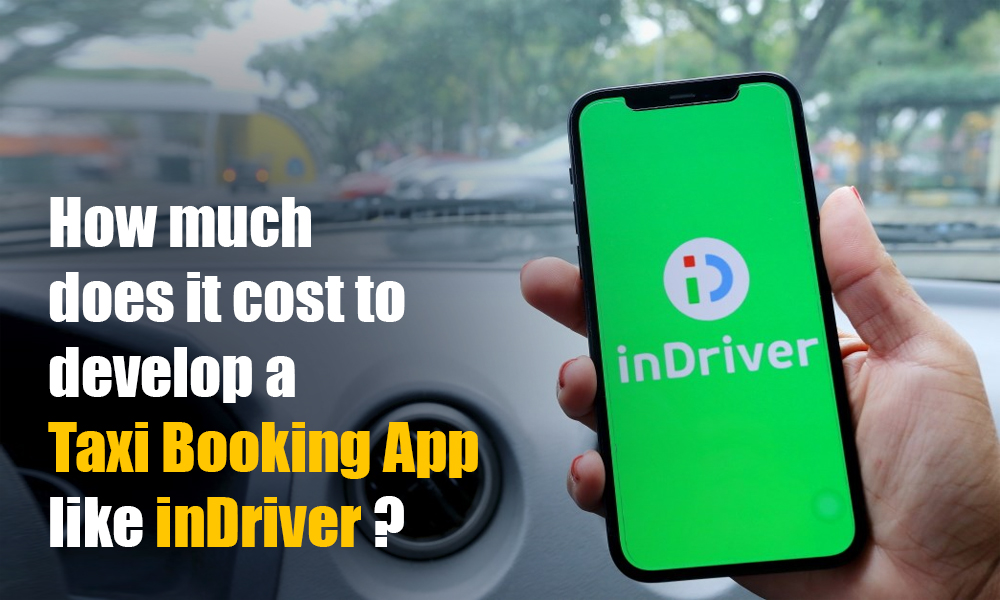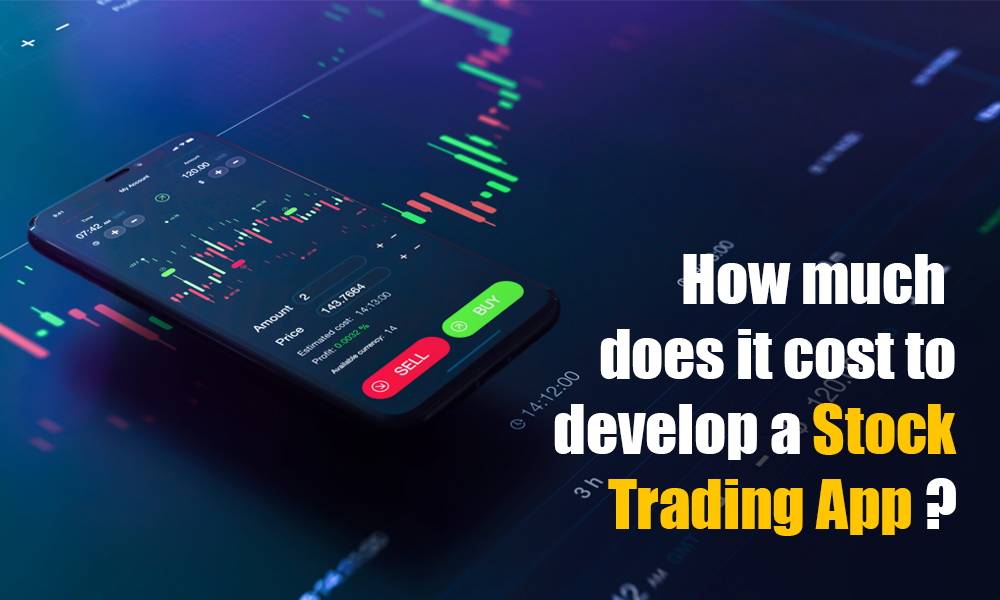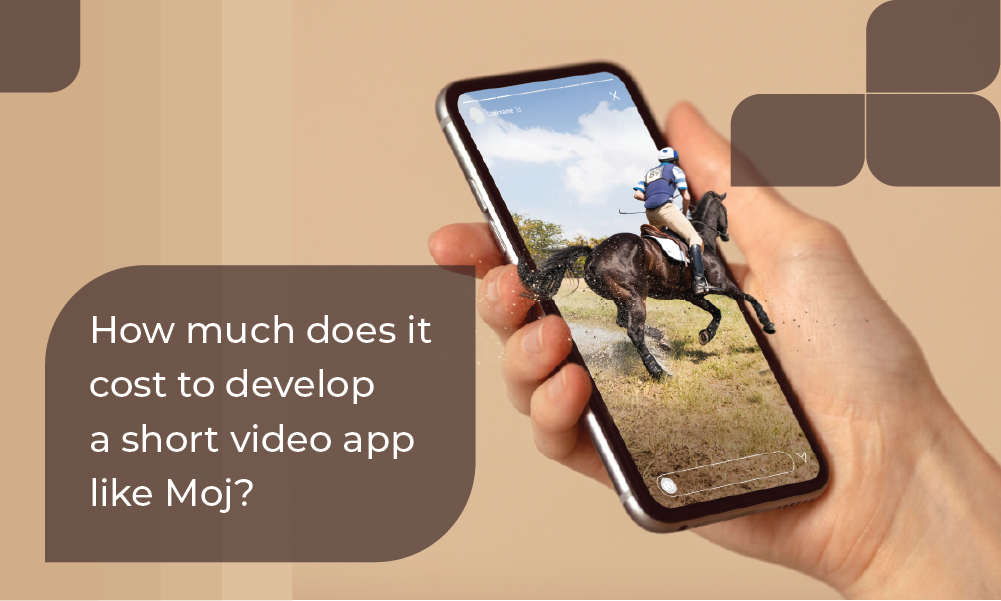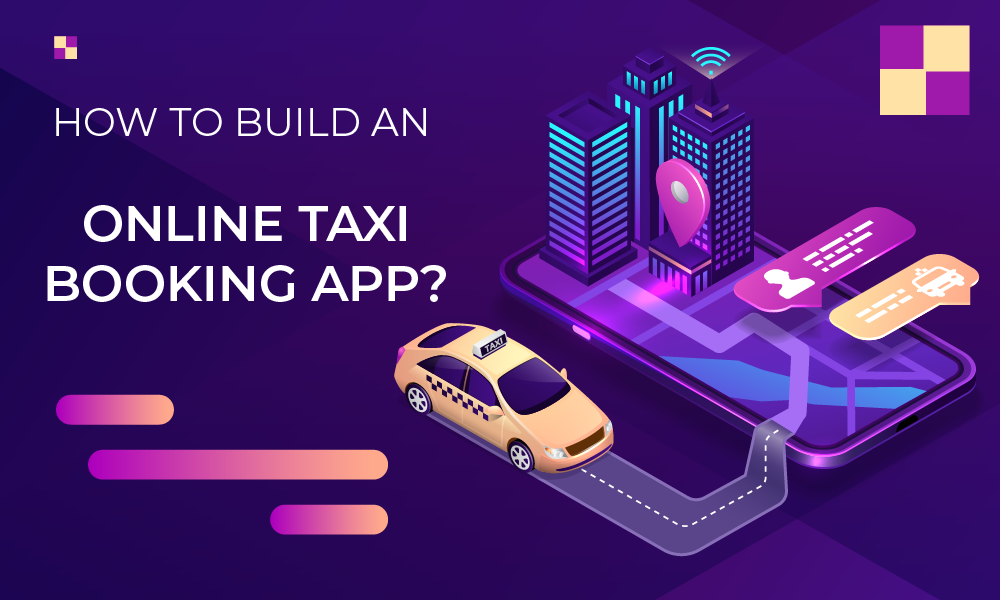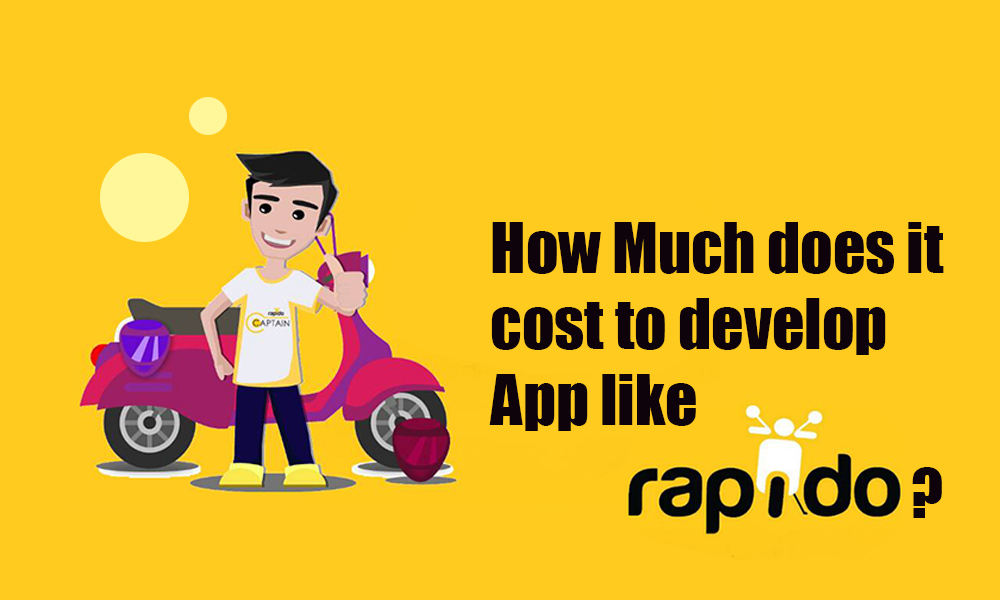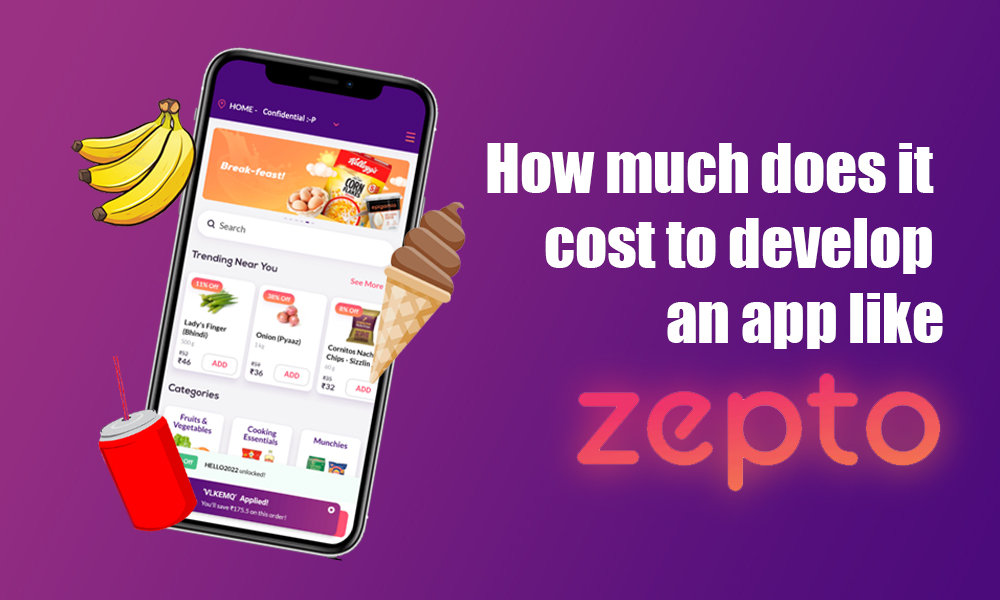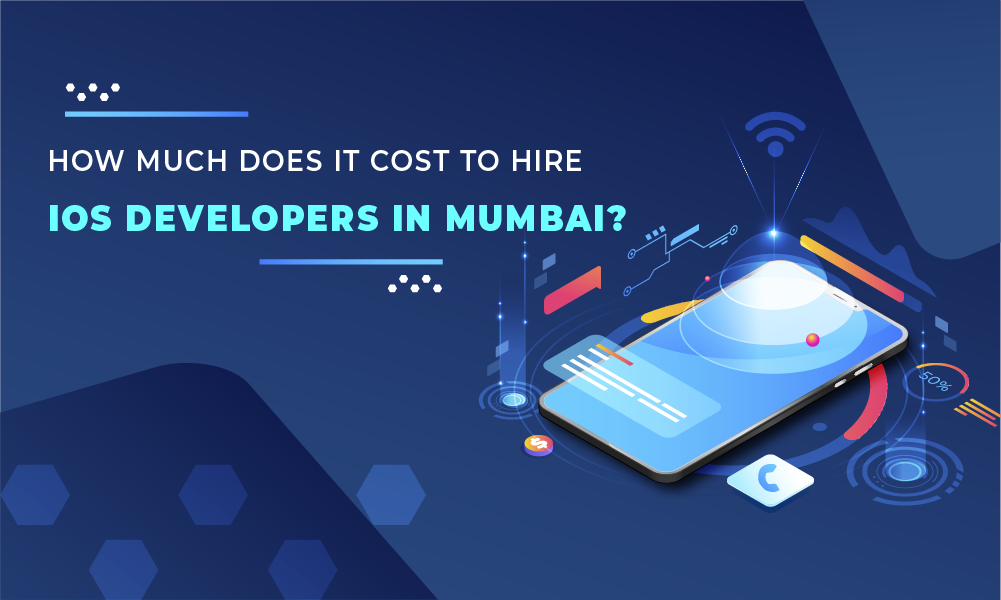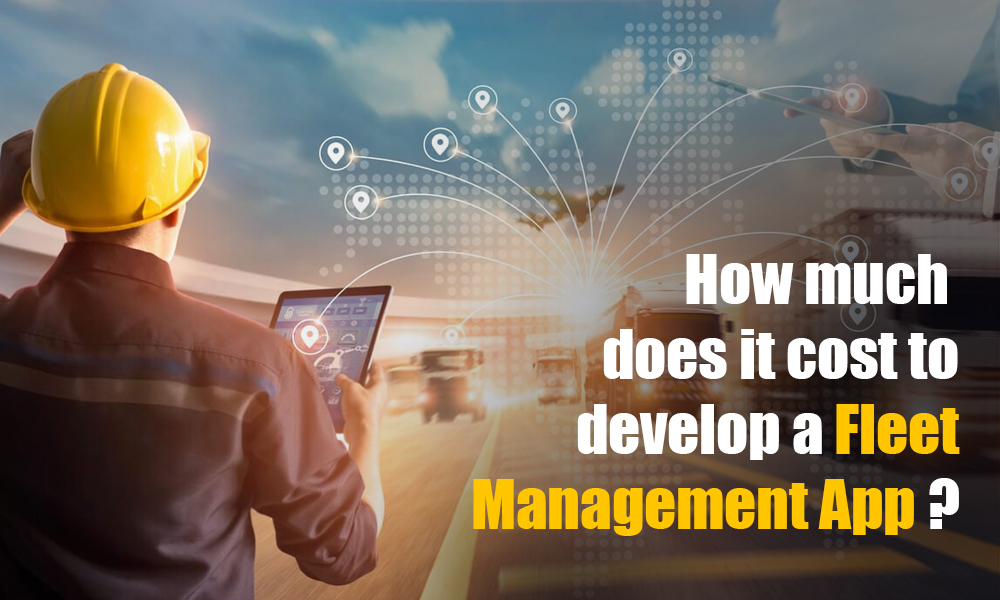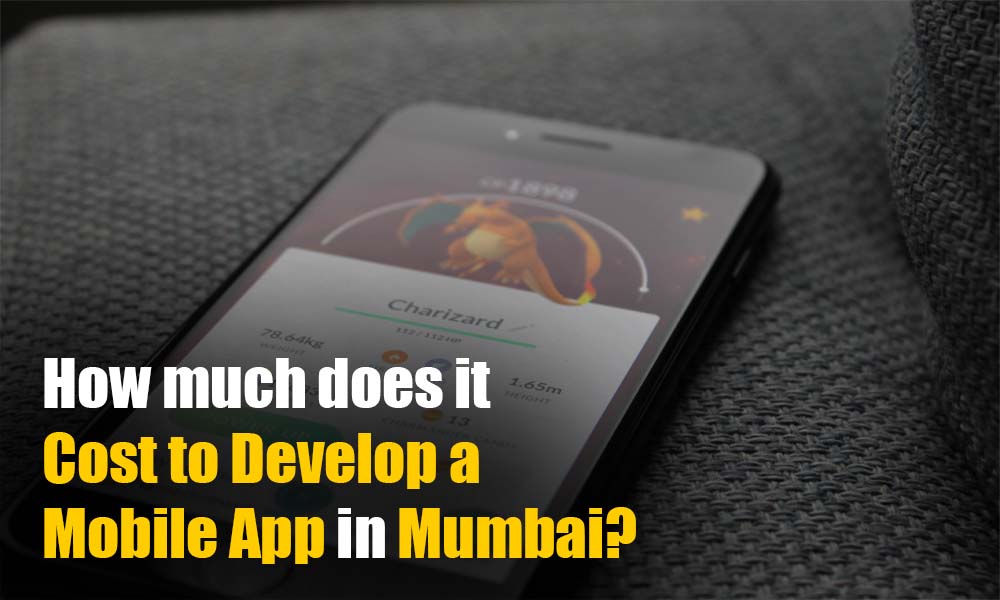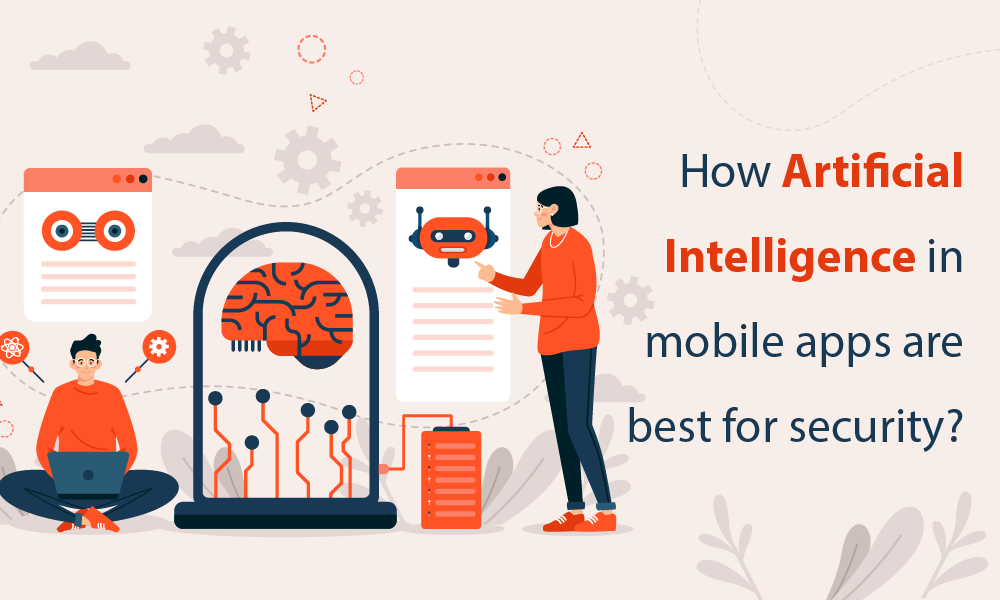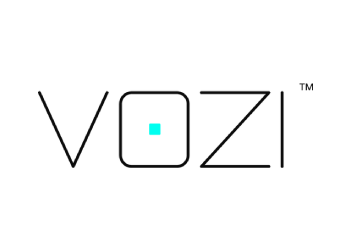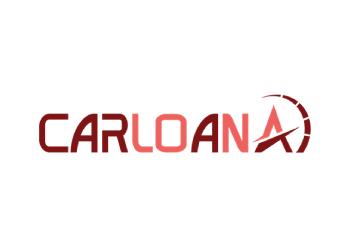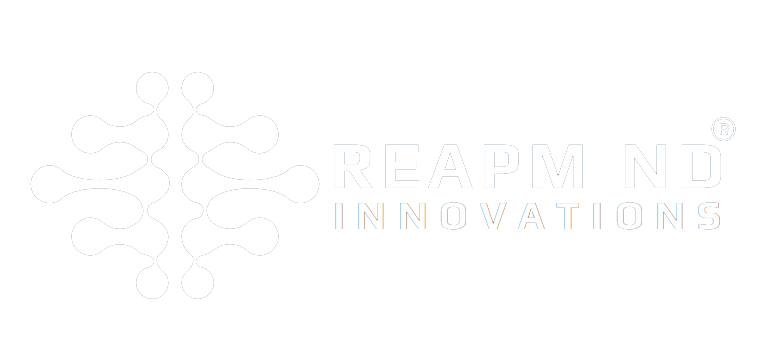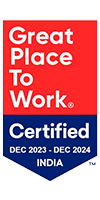Introduction
Table of Contents
ToggleHave you ever found yourself in a situation where you urgently needed groceries, a quick meal, or essential medications but couldn’t spare the time to step out?
Well, thanks to the likes of apps like Dunzo, you can simply tap a few buttons and have your needs met at your doorstep.
This is only one aspect of the fast-changing eCommerce industry, where hyper-local delivery services are stealing the show. It’s a new trend that’s making us pay attention to our neighborhood corner stores. It’s all about super-fast delivery and incredible convenience. But what’s really cool about this trend is that it’s not just great for us as customers; it’s also creating exciting opportunities for small local shops and people who dream of starting their own businesses.
In this blog, we’ll not only explore the fascinating dynamics of this shift but also delve into key factors influencing the development costs of apps like Dunzo.
What is Dunzo?
Dunzo, headquartered in Bangalore, India, has carved its niche by delivering various products, from fresh produce like fruits and vegetables to meat, pet supplies, ready-to-eat food, and crucial medications, in major Indian cities. It further distinguishes itself by offering an intra-city package pickup and delivery service, along with a bike taxi service in Gurgaon. Dunzo’s success story showcases the tremendous potential and demand for such platforms.
Feather in the cap, Dunzo holds the distinction of being the first Indian startup to receive direct funding from tech giants like Google and Reliance.
List of services offered by Dunzo
- Grocery Delivery
- Food Delivery
- Medicine Delivery
- On-Demand Shopping
- Pet Supplies Delivery
- Home Services
- Repair and Maintenance Services
- Miscellaneous Requests (under the #kuchbhi category)
List of Essential Features of Dunzo
- Push Notifications
- Discounts, Cashbacks, Referrals
- Real-Time Tracking of Orders
- Simple Online Payment Methods
- Social Media Integration
- Reviews and Ratings
- Easy To Order Interface
Understanding Dunzo’s Business Model
Dunzo’s business model revolves around being an on-demand delivery service that acts as a bridge between users and local businesses.
With a strong presence in major Indian cities, Dunzo strategically partners with shops, restaurants, and various establishments. Users conveniently utilize the app to order an extensive array of items, including groceries and medicines. Dunzo’s delivery partners ensure swift fulfillment of these orders, forming the core of Dunzo’s revenue model.
Dunzo’s business model capitalizes on convenience, offering an efficient solution for those who prefer doorstep delivery. The revenue streams primarily come from delivery charges and commissions from the partner businesses. It’s an innovative model that prospers by delivering a diverse range of products and services to its user base while maintaining a seamless, local delivery experience.
Understanding Dunzo’s Revenue Model
Dunzo employs a multifaceted revenue model that is not only innovative but also dynamic. Let’s explore how Dunzo generates its revenue:
1. Delivery Fee: Dunzo charges a nominal delivery fee for each completed order. The fee varies, ranging from Rs. 10 to Rs. 60, depending on factors like the order’s total value and the distance to be covered. This is a core component of Dunzo’s revenue model.
2. Commissions: Dunzo collaborates with various vendors and businesses, charging a commission that typically ranges from 15 percent to 30 percent per order. This commission structure is an integral part of its business model, contributing significantly to its revenue.
3. Diverse Services: Beyond delivery, Dunzo offers additional services like home services and repair tasks. These services expand the scope of the app, attracting a wider user base and further contributing to its revenue stream.
4. Surge Pricing: In periods of high demand, Dunzo implements surge pricing. This flexible pricing model allows the company to adapt to fluctuating demand and increase prices accordingly, thereby boosting its revenue during peak hours.
5. Miscellaneous Requests: Under its #kuchbhi category, Dunzo caters to a wide range of miscellaneous requests. These unique services, such as taking pictures or fetching specific items, add a layer of versatility to the app and contribute to its revenue diversification.
Dunzo App Development Cost factors
Developing an app like Dunzo requires a strategic approach to various elements, each of which significantly influences the overall cost of the project.
Following are the key factors that play a crucial role in determining the development costs.
- App Features and Complexity: The cost of app development depends on the features and functionalities you wish to incorporate. Dunzo’s success is partly attributed to its user-friendly interface and seamless order processing. Building similar features will require appropriate budget allocation.
- Technology Stack: The choice of technology stack, including the mobile platform (iOS, Android) and backend infrastructure, significantly impacts development costs.
- Geographical Expansion: Expanding to multiple cities like Dunzo entails additional expenses for market research, partnerships, and local operations setup.
- Delivery Fleet: The size and management of the delivery fleet is a key cost factor. You need to consider expenses related to recruiting, training, and managing delivery partners.
- Partnerships and Vendor Integration: Collaborating with various businesses, as Dunzo has done, demands effort and investment in forging partnerships and integrating with vendor systems.
- User Acquisition and Marketing: Marketing and user acquisition are essential for building a customer base. These costs may vary depending on your target audience and location.
- Regulatory Compliance: Complying with local regulations and ensuring the safety and security of deliveries is vital. Costs associated with legal and compliance efforts should be accounted for.
- App Maintenance and Updates: Post-launch, ongoing app maintenance, updates, and customer support are crucial for sustaining and improving your service.
Technology Stack You Can Use to Develop an App Like Dunzo
- For Payment: Braintree, Stripe, PayPal
- User Location Finding: Google Places API
- Direction Finding: Mapkit , Google Maps
- For Registrations: Facebook SDK, Gmail SDK
- For Storage: AWS, Google, Azure, Digital Ocean
- For Analytics: Firebase, Google Analytics
Development Costs Breakdown
Developing an app like Dunzo involves several key components that contribute to the overall cost. Here’s a breakdown of these costs:
1. Development Team
The development team for an app like Dunzo typically includes:
- Developers: These experts are responsible for writing the code that powers the app. The cost of hiring developers can range from $20 to $250 per hour, depending on their location and expertise.
- Designers: UI/UX designers play a crucial role in crafting an appealing and user-friendly interface. Designers may charge around $25 to $100 per hour.
- QA Testers: Quality assurance testers ensure that the app functions without issues. QA testers typically charge between $20 and $80 per hour.
2. Development Phases
The development process can be divided into several phases:
- Planning: This initial phase involves defining the project scope, objectives, and requirements. It may take approximately 2-4 weeks, costing between $2,000 and $8,000.
- Design: UI/UX design and wireframing. The design phase can take 4–8 weeks, with costs ranging from $10,000 to $30,000.
- Development: Building the app’s backend and front end. Depending on complexity, it can take 12–24 weeks, with costs ranging from $30,000 to $100,000 or more.
- Testing: QA testing to ensure the app’s functionality and reliability. This phase may require 4–8 weeks, costing $8,000 to $16,000.
- Deployment: Preparing the app for release, including app store submissions. Allow for 2-4 weeks, with costs around $4,000 to $8,000.
3. Server Hosting and Maintenance
Server hosting costs can vary based on your choice of provider. Hosting an app can range from $100 to $1,000 per month, depending on factors such as server capacity and data storage. Regular maintenance is crucial and may cost around $500 to $2,000 per month to ensure server efficiency and security.
4. Marketing and User Acquisition
Marketing is essential to attract users. The budget for marketing strategies, such as online advertising, social media campaigns, and promotions, can range from $10,000 to $50,000 or more, depending on the scale of your marketing efforts.
Tips to Keep Costs in Check
To manage costs effectively, consider measures like prioritizing essential features, optimizing development processes, and carefully planning your marketing budget to maximize user acquisition within your financial limits.
Here are some additional tips to follow:
- Lean Development: Begin with a minimum viable product (MVP) to reduce initial development costs and gather user feedback for informed enhancements.
- Scalable Infrastructure: Invest in scalable server infrastructure that can grow with demand, avoiding over-provisioning.
- Outsourcing: Consider outsourcing non-core tasks like customer support or server maintenance to reduce in-house operational expenses.
- Cloud Services: Utilizing cloud services for storage and computing, allows you to pay for what you use, and reduces infrastructure costs.
- Efficient Marketing: Focus marketing efforts on target audiences to maximize ROI and minimize wastage.
- Agile Management: Adopt agile development and management practices to improve resource allocation and reduce development time and costs.
Conclusion
The on-demand hyperlocal delivery market is evolving, and with the right idea and the right team, your app can thrive in this dynamic landscape.
ReapMind isn’t new to this game. We’ve got tons of experience and a deep understanding of how to make a fantastic multi-service delivery app that doesn’t just meet but beats industry standards.
From conceptualization and design to robust functionality and a seamless user experience, we cover it all. We’re always up-to-date with the latest trends in the business, and we’re ready to make sure your app doesn’t just get by but really succeeds.
So, if you’re thinking about making your own delivery app, ReapMind is the team you want by your side.
Let’s Connect!
FAQ’s
- How can I get started with ReapMind to develop my Dunzo-like app?
Ans: To kickstart the development process, you can contact us through our website.
- Does ReapMind provide ongoing maintenance and support for the app after development?
Ans: Yes, at ReapMind, we offer post-development support, including maintenance, updates, and technical assistance,
- What is the typical timeframe for ReapMind to develop an app like Dunzo?
Ans: The development timeline can vary depending on the complexity of your project.
- What platforms does ReapMind support for app development, such as iOS or Android?
Ans: We support both iOS and Android platforms, giving you the flexibility to reach a broader audience.
- Can ReapMind customize the app to meet my specific requirements and brand identity?
Ans: Yes, we can definitely customize the app to align with your unique needs, branding guidelines, and functionality preferences.
- What sets ReapMind apart from other app development companies in this niche?
Ans: What makes us stand out is our extensive experience in multi-delivery app development, our proven track record of successful projects, and our dedicated team of experts.
